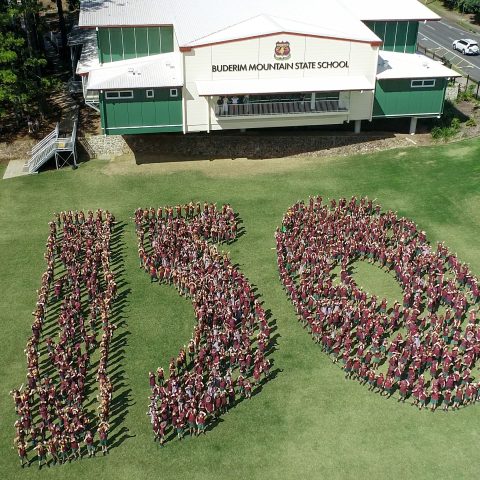 Fumunda Marine is working with the Queensland Department of Primary Industries and Fisheries to reduce the number of migrating whales caught in shark nets along the east coast of Australia.
Fumunda Marine is working with the Queensland Department of Primary Industries and Fisheries to reduce the number of migrating whales caught in shark nets along the east coast of Australia.
Fumunda Director James Turner said he was very excited that the Queensland DPI&F had commissioned Fumunda to improve existing acoustic alarm devices, or pingers as they are known, which alert whales to the presence of nets used in shark control programs.
Mr Turner said that Fumunda, which has successfully developed pingers to alert porpoises and dolphins to the presence of fishing nets, was well into the design and engineering phase of the new improved whale pingers.
“Pingers emit a low?frequency signal that alert porpoises, dolphins and whales to the presence of commercial fishing equipment, thereby helping to ensure that interactions between the set fishing gear and marine mammals are avoided,” he said.
“We are passionate about working with stakeholders such as government and fishermen to find a solution that works for everyone,” he said.
Mr Turner said that in addition to the Queensland DPI&F commission, the New South Wales Department of Primary Industries had made enquiries with a view to ordering the new Pingers.
“Whales are wonderful creatures and it’s great to see their numbers increasing, so we are delighted to be working with both New South Wales and Queensland Governments to achieve this,” he said.
The new pingers have been designed to operate at a very low frequency known to be audible to whales. The new pingers will be significantly more powerful than the existing models.
The new Fumunda low frequency pinger will be significantly smaller and lighter than the existing pinger technology, making handling and fitting to the nets much easier. They will be made using high quality internal components and long-lasting replaceable batteries, ensuring reliable performance.
Mr. Trevor Long, Director of Marine Sciences at Sea World, has also thrown his support behind the improvement of existing acoustic technology.
“We need to be more proactive in the protection of our marine life from the danger that shark nets present. New technology such as the Fumunda ‘pingers’ are certainly an advancement in the right direction, Trevor said.
“Fewer whale entanglements in shark nets in the future, is something we all want to see”, he said.
Mr Turner said he was very pleased to be working on this project to help protect marine mammals, which have always held a fascination for him.
“Whales and dolphins are such intelligent and unique creatures, and we have a responsibility to protect them,” he said.
“Approximately 12,000 whales travel up and down the east coast of Australia each year, and the team at Fumunda, like the New South Wales and Queensland Departments of Primary Industries want to reduce the number of incidental entanglements.
He said to help achieve this the Queensland DPI&F would also increase the number of whale pingers deployed to further enhance whales ability to detect them.
“Our whale pinger technology has applications globally and we hope to work with other stakeholders to further protect these wonderful marine mammals.”
Mr Turner said; for example, on the coast of Western Australia more than 17,000 Humpback whales make the migration to the warmer northern waters for breeding, having to navigate through thousands of lobster pots which are set everyday.
“Our whale pingers could very easily be deployed in clusters of lobster pots to reduce the risk,” he said.
“I am very keen to talk with the West Australian authorities about this opportunity.”
The new whale pingers are expected to go into production later this year, and will be deployed up the east coast of Australia well in advance of the northern whale migration, which starts around the beginning of May.




